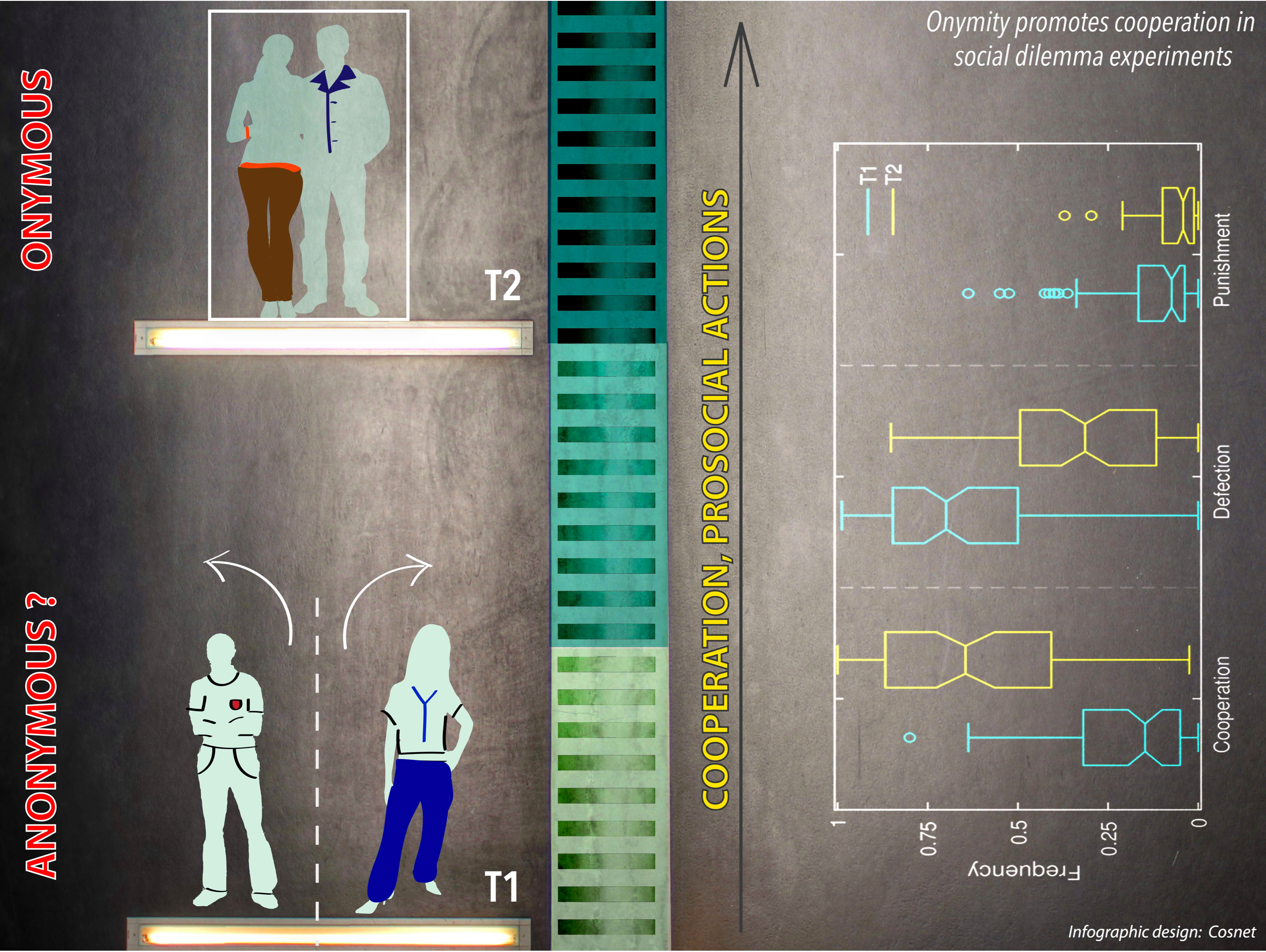Human relationships are extremely complex and often unpredictable, so that there are many hypotheses aimed at explaining the emergence of cooperation in humans beyond our own genetic inheritance as a species. In fact, many scientific disciplines study this phenomenon with the ultimate goal of learning more about the mechanisms underlying human cooperative behavior. Yet, this is an unsolved evolutionary puzzle and a pressing challenge for contemporary science.
Social dilemmas, as the famous Prisoner’s Dilemma, are an intrinsic part of our society. For many years, they have aroused the curiosity of many scientists interested in revealing the true motivations of human behavior and under what specific conditions people tend to cooperate or defect. It is thus becoming clear that there is a need to conduct experiments that validate or refute the different mechanisms suggested in relation to the emergence human cooperation in specific contexts.
Undoubtedly, experiments are an essential part of the scientific method. Through the design of experiments, the use of reliable and accurate computational methods and the analysis of data, we could eventually solve the evolutionary puzzle and validate existing theories. Therefore, in the very tradition of Science, we aim at observing the world around us, collect data and information and then, if they are not enough to understand the phenomenon under study, design new experiments on purpose. The latter is our main goal.
In 1859, the book «The Origin of Species» written by Charles Darwin and his theory of evolution driven by natural selection drastically changed the foundations of an era. Contrary to the already known Lamarck’s Theory, Darwin assumed, among other postulates, that in the struggle for survival only those individuals better or sufficiently adapted to their environment (“the fittest”) are more likely to survive and have more offspring so that beneficial traits can be passed on to the next generation.











